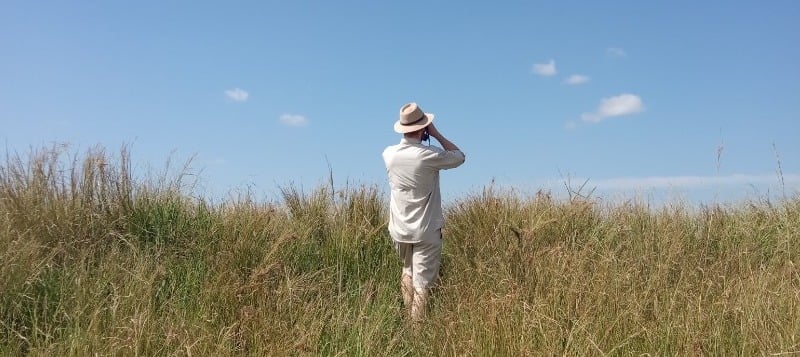Ideas are great, but millions of good ideas never grow beyond just that. Every tech-smart person who says, “Ah man, I thought about doing that years ago, but I didn't", about the latest viral app most likely didn't have the soft skills to create the Instagram or Uber that they refer to, no matter how much earlier they thought of the product. We use soft skills every day to decide who to do business with. You definitely don't choose your dentist based on drilling technique. It’s how your dentist connects with you, emotionally. In that deep, borderline uncomfortable way. Depending on your dentist.
So let's work through the crucial soft skills needed to transform an idea into a world-changing company.
Hard vs Soft Skills:
Hard skills are career and industry-related skills, like programming or data analysis. Soft skills are the set of characteristics that govern your ability to work effectively with others, in collaboration with colleagues or business partners.
Any coder can program an app, and most coders of a similar skill level can program each other's apps, but the unique quality of each person that can give them a competitive advantage is their soft skill set. A coder with good soft skills can communicate their vision clearly to others, receive their feedback and fresh ideas, inspire investors to fund the app's creation and roll-out, and build strong interpersonal relationships to maintain the team that becomes a great company.
How to develop soft skills:
Soft skills can be split into self-management and relationship, or people management skills.
They can be improved through a combination of:
- Self-reflective analysis of your own strengths and weaknesses, and how you and your co-workers work in collaboration and handle conflict. This is most effective when combined with a structured plan to monitor progress in developing soft skills. This article should help you create one.
- Practical actions that strengthen soft skills. Check out this constructive guide of acts you can use to strengthen communication, active listening, leadership ability and relationship-building.
In business, as in romance, most people spend very little time working on non-verbal communication. This is odd. You spend all your emotional angst trying to read the feelings of potential lovers through their tiniest actions, from whether they smile at your fungus joke, or hug your mom. Your feelings towards your fifth Tinder date of the month are affected by these little things. This is also true of work colleagues (don’t date work colleagues), yet people spend very little time thinking about how their non-verbal actions create signals that affect the (WORK) relationships between coworkers.
So, when thinking about soft skills, focus on the message that your silent actions send to those around you. You should be:
- Making eye contact with people, and thereby acknowledging their importance to you
- Writing down others’ words in meetings, to indicate that you are being attentive and absorbing information
- Sitting up and leaning forward as much as possible when listening
- Allowing others to speak without interrupting
You like those work colleagues who do this when you speak, right? They’re using their business soft skills to “flirt” with you, and the date is going very well. Reciprocate. The (WORK) relationship will be beautiful.






